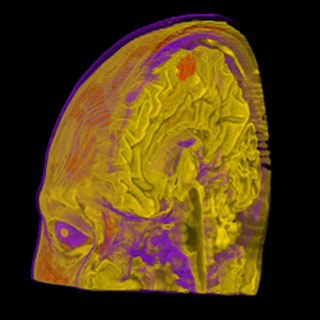
Ketamine (K) or (Special K), the N-methyl D-aspartate (NMDA) receptor antagonist, is known to stimulate psychosis-like effects. However, little appears to be identified about the long-term effects of the drug.
For the purpose of the study, a group of 150 people was examined for a year to check if changes in their ketamine use could perhaps predict changes in their psychological well-being, memory and concentration. Amongst these 150 people, 30 were noted to be consuming large quantities of the drug almost every day whereas 30 were taking it recreationally i.e. once or twice a month.
Moreover, 30 appear to be ex-users, 30 used illegal drugs apart from ketamine and 30 did not make use of any illicit drugs. The authors seem to have run cognitive tests at the beginning of the study and again twelve months later on the volunteers, 80 percent of who completed the study.
Dr Celia Morgan, UCL Clinical, Educational and Health Psychology, said that, “Ketamine use is increasing faster than any other drug in the UK, particularly among young people, and has now become a mainstream club drug. However, many young people who use this drug may be largely unaware of its damaging properties and its potential for addiction. We need to ensure that users are informed of the potentially negative consequences of heavy ketamine use. Clinicians should also be aware of the adverse consequences of heavy use of ketamine, the symptoms of which may overlap with some forms of psychiatric disorders.â€
They found that the heavy ketamine users seem to have impaired on several measures. Short-term memory in this group was noted to have worsened over the year as ketamine use rose. Also, these individuals appear to have poorer verbal memory.
Fascinatingly, the recreational ketamine users and ex-ketamine users apparently did not vary from non-drug controls. This could suggest that occasional ketamine use does not result in long-term harm to cognitive function. Additionally, any deficits may be reversed when people quit using the drug.
Dr Morgan further explained that, “Although our study found that occasional ketamine use does not seem to pose a long-term threat to memory, all of the ketamine users we studied showed some form of unusual beliefs, such as believing in telepathy or conspiracy theories. Frequent users were found to have problems with several aspects of their memory. Interestingly, healthy volunteers who had taken a single dose of ketamine did not have the same memory impairments, which suggests this may be a long-term effect. That ketamine should have such profound effects on memory is perhaps unsurprising, given the role of the NMDA receptor in human memory encoding and consolidation.â€
However, all groups of ketamine users demonstrated evidence of unusual beliefs or mild ‘delusions’, with these being maximum in the frequent users and least in ex-users. It seems to be unclear whether this is a pre-existing difference in ketamine users or something that develops with taking the drug.
Hair analysis showed that ketamine levels in the recreational users appear to have doubled at follow-up in contrast to initial testing. Supposedly, this is a pattern seen with other addictive drugs. Ketamine levels in the frequent using group did not change across the year, but this group had been using up to ten grams a day.
The authors advise health campaigners to make sure that the increasing number of ketamine users is apparently made aware of these potentially negative effects on their health.
The findings of the study have been published in the journal, Addiction.
